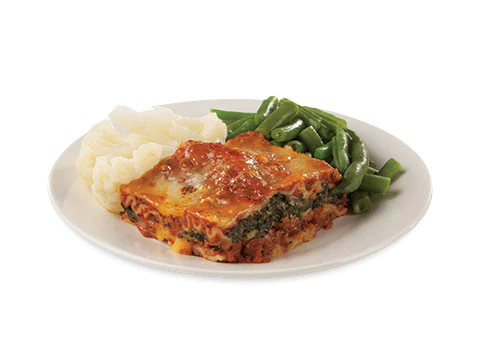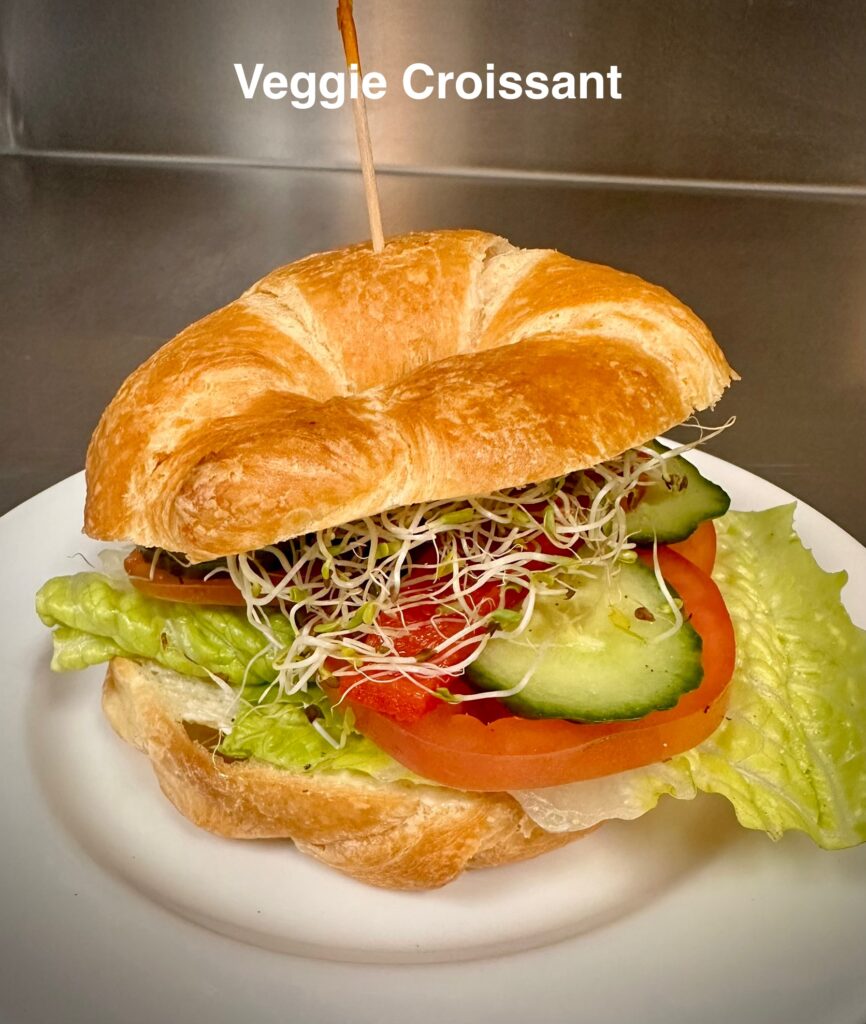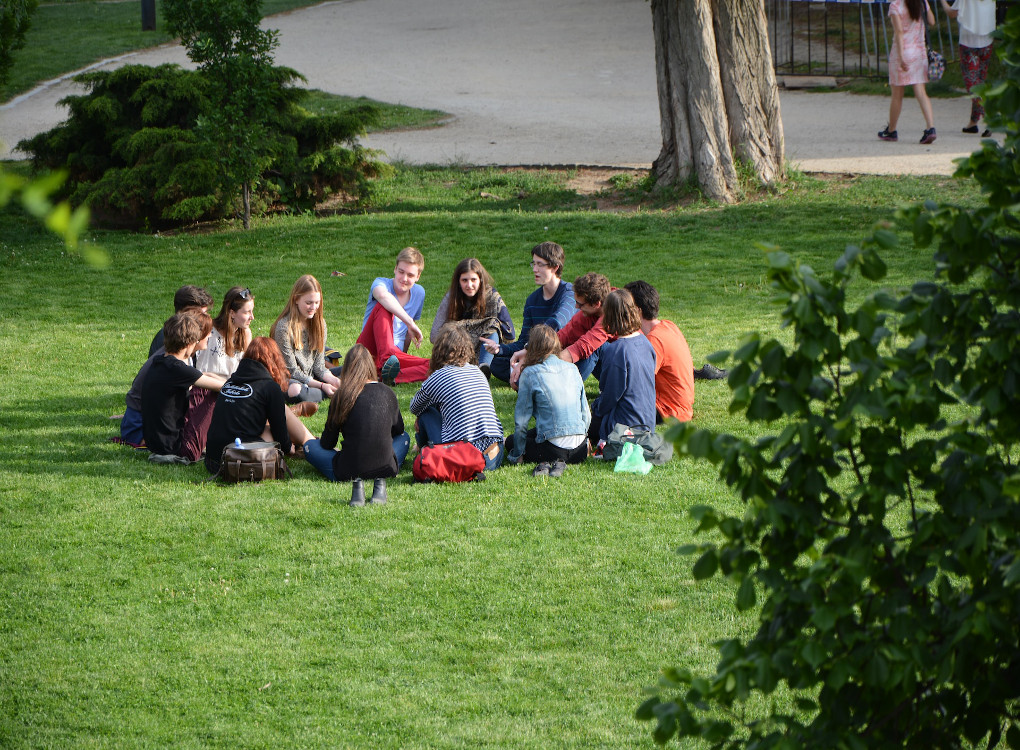Blog
Fairness and Forgiveness
I consciously look for contrasts to help me widen my understanding of my perspectives. Let me give you an example.
Child soldiers.
My awareness of these youngsters is that they are from far away – usually another continent other than North America. At this distance, I can risk being empathetic, understanding, and caring. I can give a cheer when some of these young people are freed from the tyranny imposed on them. I think they had few choices.
I use the above example as an overlay for North American minors caught up in gang activities. I’m assuming their activities would include theft, break and enters, drug use and sales, intimidation and sometimes causing physical harm.
A recent and personal example was a group of young boys on the subway. The obvious leader was outspoken and threatened another passenger sitting nearby. The leader had a belt with a large metal buckle that he kept slapping into his hand with a blatant intention to intimidate. I overheard snippets of conversation. The most memorable was telling the innocent passenger that with a snap of his fingers he could call a friend and have him killed today.
The passenger exited a few stops along, with the leader and his group of boys getting off at the following stop, but not before swinging the belt with a large buckle into parts of the interior of the subway car until the wall caved in. A few of the very young boys scattered quickly while the leader and his one cohort sauntered onto the platform into the night.
This is where I join the dots to better understand my perspective.
How do these two groups of youngsters differ? Did they all have other and better options? Why did I feel such compassion for the child soldiers, yet would see justice being served if, when they inevitably come to court, the system decided to elevate their legal process into an adult court with harsher penalties?
We have samples of alternative ways to help our North American minors.
Restorative justice.
This process emphasizes accountability and service rather than punishment. The process helps all affected parties to reach an agreement about how to move forward, what the wrongdoer can do to repair the injury and who could do what to better avoid future conflicts.
It’s important to seek out contrasts in my life to challenge my biases and expand my understanding of the world.
Please give this a bit of a think. Try to identify a situation that you experienced that caused you to have a strong reaction – making you angry, punitive, or making a quick assessment of what is fair and just.
Avoid the road of forgiveness for its own sake, but reach for it as offering a solution for all concerned.
I’m curious about your thoughts. Please share your bit of a think below.
Photo by Beth Macdonald on Unsplash
If you enjoyed The Blog, please share it with others. Thanks.
And my thanks to St. Albert Seniors Association: 780-459-0433 for making this Blog possible.

Volunteer Blogger










